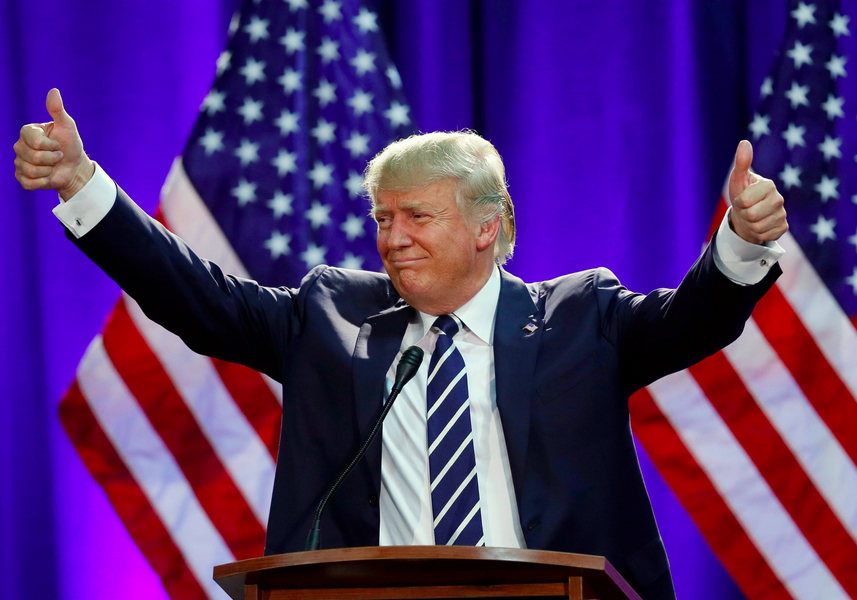WASHINGTON, D.C. – President Donald Trump’s proposed budget for the U.S. Department of Education is exactly what he promised during the 2016 campaign: Massive cuts coupled with a strong focus on growing school choice options for poor families.
The Trump administration released a sketch of its 2018 spending plan for education Thursday that includes an overall $9 billion budget reduction with significant increases for school choice initiatives, NPR reports.
MORE NEWS: Know These Before Moving From Cyprus To The UK
The proposed plan would add $168 million to the roughly $300 million in federal funds for charter schools, as well as a $250 million “new private school choice program” that’s designed to build into the $20 billion block grant program Trump mentioned during his campaign.
The president also wants a $1 billion increase in Title I spending targeted toward promoting and increasing school choice.
According to The Washington Post:
The new (Title I) funds would be used to encourage districts to adopt a controversial form of school choice: Allowing local, state and federal funds to follow children to whichever public school they choose.
That policy, known as “portability,” was rejected in the Republican-led Senate during deliberations over the main K-12 education law in 2015. Many Democrats see portability as the first step toward federal vouchers for private schools …
The president’s proposed budget would accomplish a budget reduction through cuts to numerous federal education initiatives, including $2oo million from “TRIO” and “Gear Up” programs, $732 million saved from the “Federal Supplemental Educational Opportunity Grant,” $2.4 billion currently sent to states to convert teachers to administrators, and $1.2 billion for after-school and summer programs.
Trump would keep federal funding stable for students with disabilities at $13 billion. He also proposed to keep federal Pell Grants at current levels while canceling $3.9 billion in leftover Pell reserves some had hoped to use pay for students’ summer classes, the Post reports.
“Taxpayers deserve to know their dollars are being spent efficiently and effectively,” Secretary of Education Betsy DeVos said in a prepared statement. “This budget is the first step in investing in education programs that work, and maintaining our Department’s focus on supporting states and school districts in providing an equal opportunity for a quality education to all students.”
MORE NEWS: How to prepare for face-to-face classes
Those who rely on the public school system for their livelihood, of course, aren’t happy about sharing more of the federal education funds with non-unionized private schools, charter schools and other school choice alternatives.
The Council of the Great City Schools that represents 70 of the nation’s largest urban public school districts issued a statement condemning Trump’s education budget and the potential impact the planned cuts could have on the Every Student Succeeds Act, approved by Congress last year, Ed Week reports.
“The bipartisan enthusiasm over the enactment of ESSA 15 months ago was not built on an expectation that federal education funding would be reduced,” Council executive director Michael Casserly wrote. “Urban school districts across the country are working hard to make the new law a success and are willing to be held accountable for its results. But the new administration and Congress need to do their parts … to ensure that the promise of ESSA is made real.”
Casserly and his colleagues in the nation’s urban school systems – which have failed for decades to improve education outcomes for students, particularly poor and minority students – continue to cling to the thoroughly disproven notion that money equals results.
“A strong and productive nation requires a significant investment in its public schools and public school students, and this new funding proposal falls far short of that goal,” Casserly wrote.


Join the Discussion
Comments are currently closed.